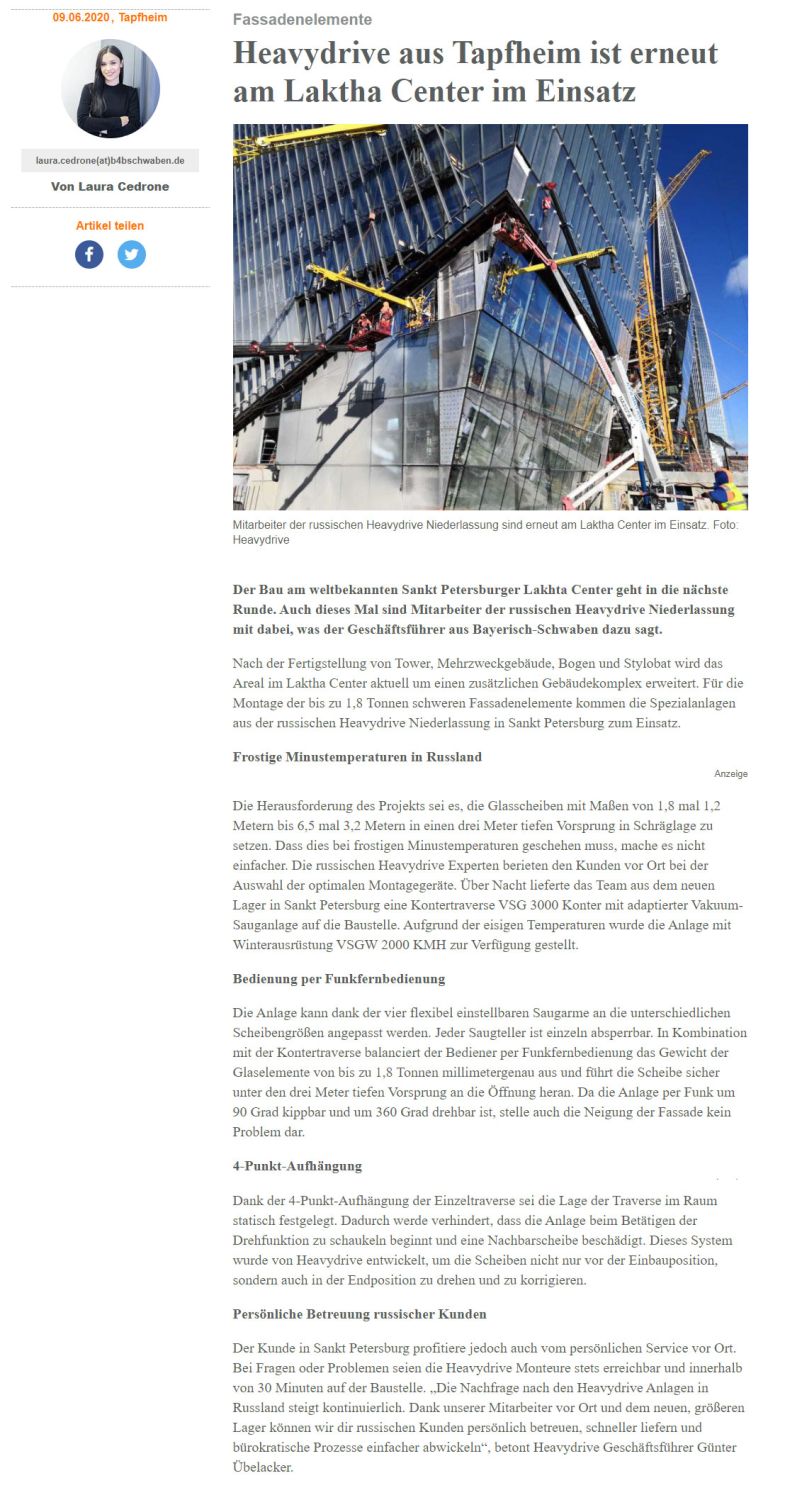The Shifting Sands Of The Chinese Auto Market: BMW, Porsche, And The Path Forward

Table of Contents
The Rise of Domestic Chinese Automakers
The rapid ascent of domestic Chinese automakers is undeniably reshaping the Chinese auto market. These brands are no longer simply playing catch-up; they are aggressively challenging established international players like BMW and Porsche.
Increased Competition from Local Brands
Chinese brands such as BYD, Nio, and Xpeng are making significant strides, fueled by technological innovation and a deep understanding of the local market.
- BYD: Dominates the EV sector with models like the Han and Tang, boasting advanced battery technology and competitive pricing.
- Nio: Known for its luxurious EVs and battery-swapping infrastructure, targeting a more affluent customer base.
- Xpeng: Focuses on intelligent driving technology and offers features like advanced autonomous driving capabilities.
These brands are rapidly gaining market share, significantly impacting the sales figures of international luxury brands. Data shows a clear trend: the percentage of the Chinese auto market held by domestic brands is steadily increasing, while the market share of foreign luxury brands is experiencing a corresponding decline. This shift underscores the intensifying competitive pressure.
Attractive Pricing and Features
Domestic brands are not only innovating technologically but also offering compelling value propositions. Their pricing strategies are often more aggressive, providing features comparable to or exceeding those of luxury imports at a lower price point.
- Competitive Pricing: Direct comparison of similarly sized SUVs reveals that domestic brands often undercut international competitors by a significant margin.
- Feature Parity: Many domestic models now include features once considered exclusive to luxury brands, such as large touchscreens, advanced driver-assistance systems, and premium interior materials.
This attractive combination of price and features is significantly impacting consumer perception and shifting the market towards domestic brands, especially among younger and more price-sensitive buyers.
Evolving Consumer Preferences in China
Understanding the evolving preferences of Chinese consumers is crucial for success in this market. The demand is shifting towards electric vehicles, advanced technology, and a premium overall experience.
Shifting Towards Electric Vehicles (EVs)
The Chinese government's strong push for EV adoption, coupled with an expanding charging infrastructure and increasing consumer acceptance, has created a booming EV market.
- Government Incentives: Substantial subsidies and tax breaks have significantly accelerated the adoption of electric vehicles.
- Charging Infrastructure: A rapidly growing network of charging stations across the country is addressing range anxiety concerns.
- Consumer Acceptance: Chinese consumers are increasingly embracing EVs, recognizing their environmental benefits and advanced technology.
BMW and Porsche are responding by expanding their EV portfolios in China, but the competition from domestic brands is fierce.
Focus on Technology and Connectivity
Chinese consumers highly value advanced technology and seamless connectivity features within their vehicles.
- Autonomous Driving: Features like advanced driver-assistance systems (ADAS) and autonomous driving capabilities are highly sought after.
- In-Car Entertainment: Large touchscreens, intuitive infotainment systems, and integrated smartphone connectivity are considered essential.
- Digital Connectivity: Over-the-air updates, cloud-based services, and seamless integration with other smart devices are paramount.
BMW and Porsche are investing heavily in developing and integrating these technologies into their China-specific models to remain competitive.
Emphasis on Brand Image and Luxury Experience
While technology and price are important, the overall brand image and the complete luxury experience remain crucial for luxury brands.
- Customer Service: Providing exceptional customer service and personalized experiences is vital to maintain brand loyalty.
- Brand Events: Engaging with consumers through exclusive events and experiences strengthens brand affinity.
- Marketing Strategies: Targeted marketing campaigns that resonate with Chinese consumer values and aspirations are crucial.
Strategic Adaptations by BMW and Porsche
To thrive in the challenging Chinese auto market, BMW and Porsche are implementing various strategic adaptations.
Localization Strategies
BMW and Porsche are focusing on localization strategies to better meet the specific needs and preferences of Chinese consumers.
- Localized Models: Developing models specifically tailored to the Chinese market, including features and designs appealing to local tastes.
- Partnerships: Collaborating with local companies to leverage their expertise in the market and supply chain.
- Targeted Marketing: Employing marketing campaigns that resonate with Chinese culture and consumer values.
These efforts highlight a deeper understanding of the Chinese market and a commitment to meeting local demands.
Investment in R&D and Manufacturing
BMW and Porsche are making substantial investments in research and development (R&D) and manufacturing within China.
- R&D Centers: Establishing advanced R&D centers in China to develop technologies specifically catered to the local market.
- Manufacturing Facilities: Expanding manufacturing capabilities within China to optimize production and reduce costs.
- Supply Chain Optimization: Strengthening the local supply chain to ensure efficient production and distribution.
These investments signify a long-term commitment to the Chinese market and a strategy to compete more effectively with domestic players.
Strengthening Dealer Networks and Customer Service
A robust dealer network and superior customer service are crucial for success in the Chinese market.
- Dealer Network Expansion: Expanding their dealership networks across China to enhance accessibility for consumers.
- Customer Service Enhancements: Implementing programs to improve customer satisfaction and build stronger relationships.
- Digitalization of Services: Integrating digital tools and platforms to streamline service appointments and communications.
BMW and Porsche recognize the importance of building strong customer relationships to maintain a competitive edge.
Conclusion: Navigating the Shifting Sands of the Chinese Auto Market
The Chinese auto market is undeniably dynamic, presenting both significant challenges and opportunities. The rise of domestic brands, evolving consumer preferences, and the increasing importance of technological innovation are reshaping the competitive landscape. BMW and Porsche, to remain successful, must continue to adapt their strategies, focusing on localization, technological advancements, and providing exceptional customer experiences. Understanding the shifting sands of the Chinese auto market is crucial for any luxury brand aiming to thrive in this vital market. Stay informed on the evolving path forward for luxury brands in China, and learn more about the future of BMW and Porsche in the competitive Chinese auto market.

Featured Posts
-
 Is A Black Widow Mcu Return Possible Scarlett Johansson Weighs In
May 13, 2025
Is A Black Widow Mcu Return Possible Scarlett Johansson Weighs In
May 13, 2025 -
 A Critical Analysis Of The Da Vinci Codes Impact On Popular Culture
May 13, 2025
A Critical Analysis Of The Da Vinci Codes Impact On Popular Culture
May 13, 2025 -
 Fylm Zndgy Namh Ay Aywl Knywl Aya Dy Kapryw W Brwdy Bazy Khwahnd Krd
May 13, 2025
Fylm Zndgy Namh Ay Aywl Knywl Aya Dy Kapryw W Brwdy Bazy Khwahnd Krd
May 13, 2025 -
 Brexit Uncertainty The Lingering Challenges For Gibraltar
May 13, 2025
Brexit Uncertainty The Lingering Challenges For Gibraltar
May 13, 2025 -
 Bombendrohung An Braunschweiger Schule Details Zum Erneuten Einsatz
May 13, 2025
Bombendrohung An Braunschweiger Schule Details Zum Erneuten Einsatz
May 13, 2025
Latest Posts
-
 Another Strong Game For Fitzgerald Leads Giants To Victory
May 14, 2025
Another Strong Game For Fitzgerald Leads Giants To Victory
May 14, 2025 -
 Tyler Fitzgeralds Strong Stretch Continues In Giants Win
May 14, 2025
Tyler Fitzgeralds Strong Stretch Continues In Giants Win
May 14, 2025 -
 Dodgers Rally Ohtanis 6 Run 9th Inning Leads To Victory
May 14, 2025
Dodgers Rally Ohtanis 6 Run 9th Inning Leads To Victory
May 14, 2025 -
 Shohei Ohtanis 6 Run 9th A Pivotal Moment In Dodgers Win
May 14, 2025
Shohei Ohtanis 6 Run 9th A Pivotal Moment In Dodgers Win
May 14, 2025 -
 Ohtanis Historic 9th Inning Dodgers Secure Comeback Victory
May 14, 2025
Ohtanis Historic 9th Inning Dodgers Secure Comeback Victory
May 14, 2025
